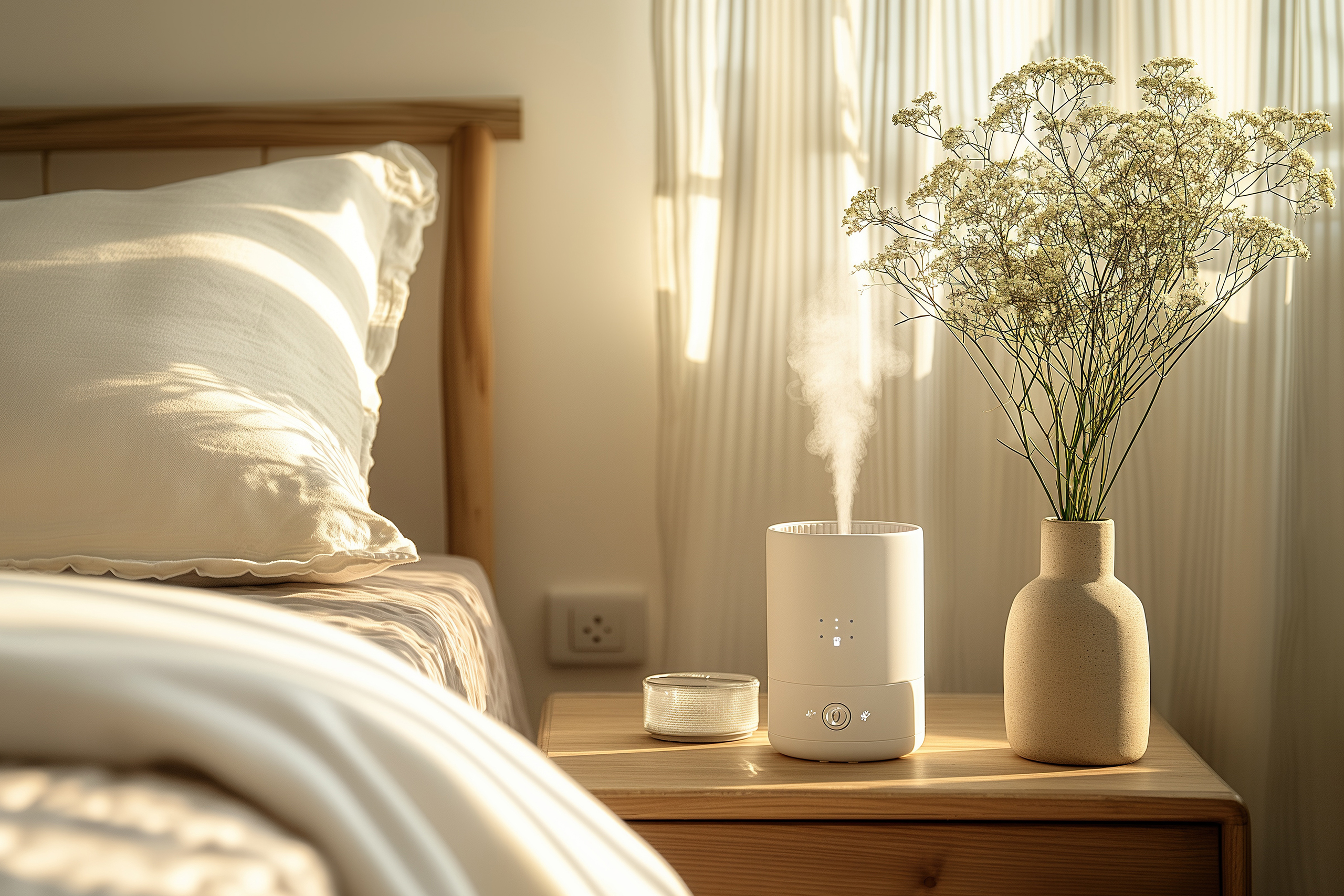Sleep is not just a period of rest; it’s when the body rests, repairs, and prepares for the day ahead. It plays a crucial role in enhancing cognitive performance, influencing mental function, aiding in glucose metabolism, regulating appetite, and supporting the body’s immune response. Despite its importance, many struggle to maintain a healthy sleep routine amidst life’s demands.
Consistency in sleep patterns supports mental clarity, emotional resilience, and physical health. Prioritizing sleep gives your body the opportunity to recharge and optimize its functions, whether you work shifts, irregular hours, or have a traditional schedule. Establishing a routine tailored to your sleep needs can help you manage stress more effectively, enhance productivity, and feel more energized each day. Here are 5 Tips for a Healthier Sleep Routine:
Stick to a Sleep Schedule
Maintaining a consistent sleep schedule can significantly improve sleep quality. Set a nightly alarm to signal wind-down time, avoid daytime naps, and aim for consistency even on weekends. This regularity helps regulate your body’s internal clock, promoting better sleep patterns. Consider incorporating relaxing bedtime rituals, such as taking a warm bath or meditating, to further cue your body that it’s time to unwind and prepare for restorative sleep.
Limit Stimulating Substances
Alcohol, nicotine, and caffeine disrupt sleep patterns and can hinder your ability to achieve restorative rest. Avoid alcohol and nicotine at least four hours before bedtime and reduce caffeine intake six hours prior. These substances can fragment sleep and affect its depth, making it harder to achieve the rejuvenating sleep your body needs. Instead, opt for a warm, calming, non-caffeinated beverage in the evening to promote relaxation and support a peaceful night’s sleep.
Turn Off Electronics Before Bed
Establishing an electronic curfew—like shutting off devices 30 minutes before bedtime—helps signal to your brain that it’s time to unwind. Blue light emitted by screens can suppress melatonin production, disrupting your sleep cycle. Replace screen time with relaxing activities such as reading, meditating, or journaling to prepare your mind for sleep.
Optimize Your Bedroom
Create a sleep-conducive environment by ensuring your bedroom is not only comfortable and cool but also dark during sleep hours. Research suggests that sleeping in a cool atmosphere can improve sleep quality, as cooler temperatures signal the body that it’s time to rest. Address any sources of anxiety in your room, such as clutter or excess light, to promote a peaceful atmosphere conducive to rest. Consider adding soothing elements like a white noise machine or blackout curtains to further enhance your sleep environment.
Increase Physical Movement
Regular physical movement is crucial for improving sleep quality by promoting faster sleep onset and deeper sleep stages. Aim for at least 30 minutes of moderate physical movement daily, such as brisk walking, cycling, or swimming. For those with limited mobility, consider engaging in seated exercises, stretching, or other activities tailored to your specific needs. Engaging in movement during the waking hours helps expend energy and regulate your body’s internal clock, making it easier to fall asleep and stay asleep. Consult a Tula HealthCoach for personalized health activity suggestions that accommodate your individual circumstances, ensuring you can still benefit from enhanced sleep through suitable physical activities.
Sleep Well, Live Well
Prioritizing these tips can transform your sleep habits and enhance your overall health. By establishing a consistent sleep schedule, reducing stimulating substances, unplugging from electronics before bed, optimizing your bedroom environment, and increasing physical activity, you’re taking proactive steps towards better sleep and well-being. Try incorporating these strategies into your daily routine and track your progress with your Live Tula wearable. Here’s to a healthier, more restful sleep!
Sending Health Your Way!
The Tula Clinical Team
Reviewed by:
Aubree RN, BSN
Austin MS, RDN, CSR, LDN, CD
Tula Takeaways |
|---|
| 1. Consistency is Key: Stick to a regular sleep schedule to regulate your body’s internal clock. |
| 2. Watch What You Consume: Limit alcohol, nicotine, and caffeine intake, especially close to bedtime. |
| 3. Unplug for Better Sleep: Turn off electronics and engage in calming activities before bed to prepare your mind for sleep. |
| 4. Create a Relaxing Environment: Optimize your bedroom for comfort and tranquility to promote restful sleep. |
| 5. Stay Active: Incorporate regular physical activity into your day to improve sleep quality and overall health. |
The LIVE TULA blog is informational and not medical advice. Always consult your doctor for health concerns. LIVE TULA doesn’t endorse specific tests, products, or procedures. Use the information at your own risk and check the last update date. Consult your healthcare provider for personalized advice.






